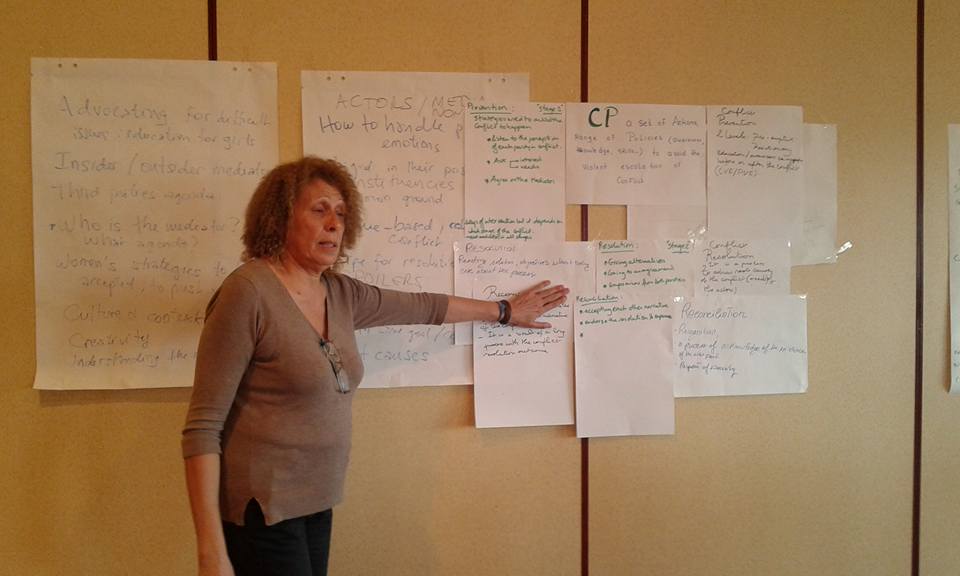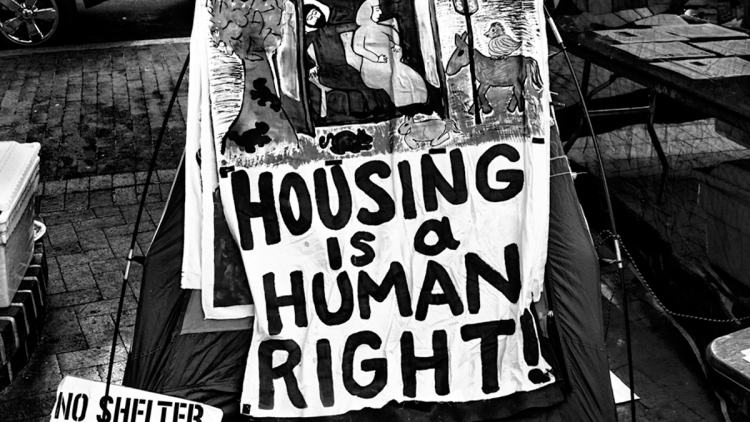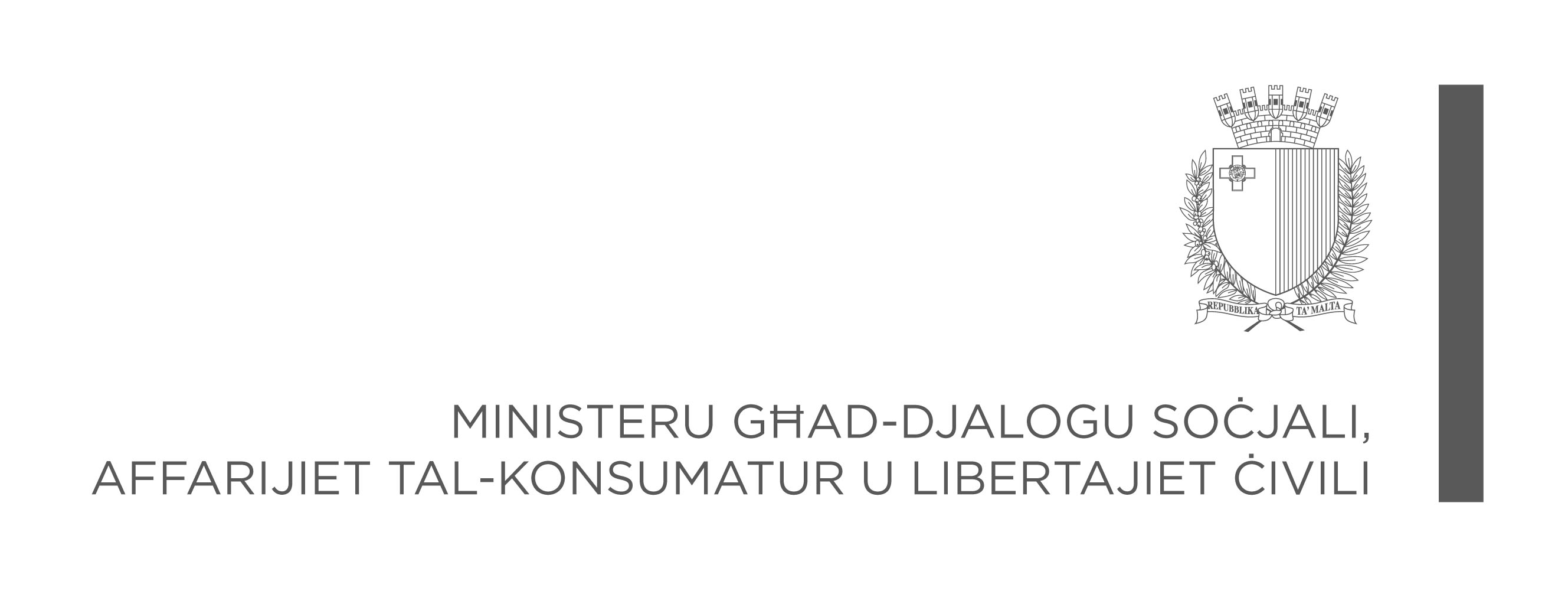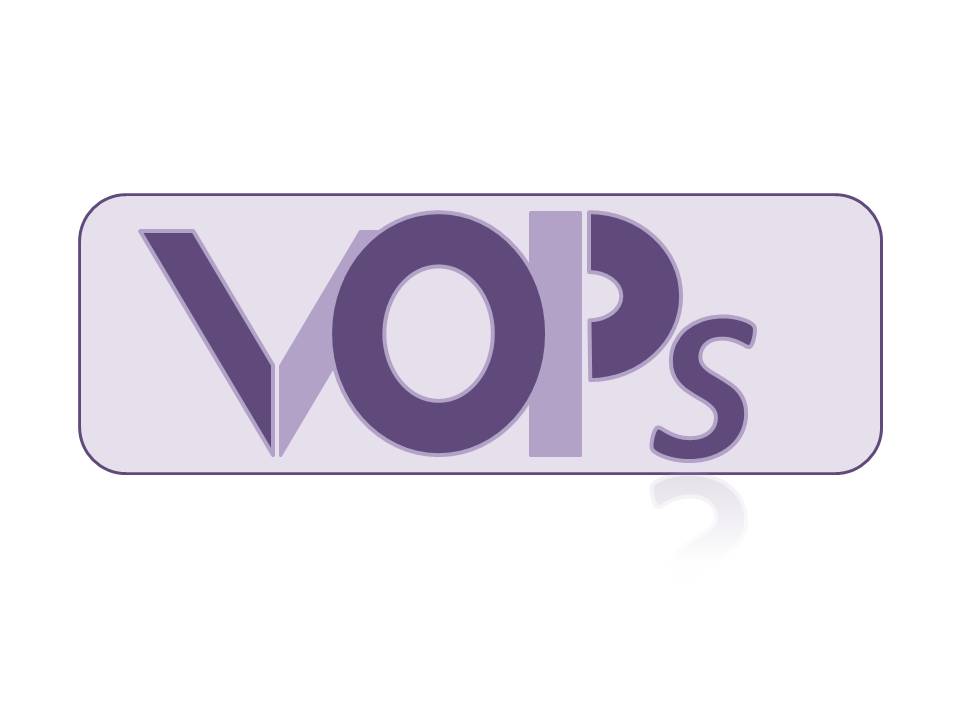Available here: http://www.timesofmalta.com/articles/view/20161102/opinion/worlds-apart-on-a-tiny-island.629741
Some weeks ago, Mina Tolu, a young Maltese trans activist, corrected actress-activist Emma Watson when the latter referred to the former as “she” instead of the preferred “they”. Also some weeks ago, Fathi Elhadi Eldeeb was treated for serious injuries following what he described as a beating by six bouncers that left him unconscious.
The distance between these two personal experiences is staggeringly vast, and should be yet another eye-opener on Malta’s understanding and exploitation of human rights.
Enter Mina, whose affirmation of their non-binary gender identity is representative of the giant leaps forward made in Malta in finally recognising the equal human dignity of lesbian, gay, trans and intersex persons.
Understandably confusing to many, pronoun choice is of course not a mere linguistic flair but a direct rejection of the very idea that all in nature is either male or female. In challenging such a deeply entrenched understanding of the world, it almost pokes fun at the national panic we witnessed at the crumbling of other, possibly far more constructed notions, such as marriage and the family.
The point is that in just a couple of years, Malta has come an extremely long way. Non-discrimination on grounds of sexual orientation, gender identity and gender expression is protected by our Constitution, and hate crime legislation includes the same grounds in its protection.
Civil unions extend to couples – whether heterosexual or homosexual – the full package of rights and obligations found in marriage, and changing one’s gender no longer requires forced sterilisation but may be effected with a mere notarial declaration.
Across the government, ministries are adopting technical policies that seek to ensure the implementation of these legal norms within their areas of responsibility such as schools, the health sector and prisons.
Pronoun choice is of course not a mere linguistic flair but a direct rejection of the very idea that all in nature is either male or female. Just earlier this week, Parliament started discussing Bills to depathologise LGBTIQ+ identities, thereby taking a proud stand against international criteria, and to criminalise conversion practices. Exit Mina.
Enter Fathi, whose story is the most distant point on the human rights spectrum to Mina’s. His is essentially an experience of isolation. Or rather, he suffers from the intentional and strategic social exclusion perpetuated on a daily basis at far too many political and social levels in Malta.
The point is that years have passed since Malta saw the first refugees arriving by boat, and there is still no political or national effort to truly engage with them.
Malta’s detention reform, coming after years of advocacy, international criticism and judicial condemnations, remains ineffective in practice. Although the reform removed the automatic detention of migrants and asylum seekers in an irregular situation, detention remains the first and only option for the police.
Despite the reform introducing extremely strict grounds for detaining asylum seekers, in line with Malta’s European Union obligations, they are being detained even where no grounds exist and when their detention proves to be unnecessary.
Refugees fleeing war and human rights violations – Iranians, Iraqis, Libyans, Syrians – are prosecuted and imprisoned because their only way of reaching safety is by using false passports.
It is worth remembering that these prosecutions and prison sentences are in flagrant breach of Malta’s international legal obligations.
Refugee integration is almost a national taboo. Apart from a vague document published by the Civil Liberties Ministry in 2015, Malta stubbornly refuses to talk about – let alone act on – pressing integration issues.
Public entities that deal with migrants and refugees remain desperately understaffed and under-resourced, some displaying attitudes that include dismissal, scorn or outright racism.
The country’s approach to refugees remains captured by the desolate units at Ħal Far, miserable homes to those refugees who were lucky or brave enough to flee their homes. Exit Fathi.
It is clear that no side of Parliament is keen on showing any form of political leadership in the area of migration, excluding of course that aspect of migration that results in the purchase of Maltese citizenship.
The kind of leadership displayed in relation to the LGBTIQ+ community is brave and transformative, insofar as it is adamant on bringing about cultural changes in support of fundamental human rights.
Yet it is also an opportunistic and selective leadership that is just as adamant on ignoring Fathi and all the other inconvenient minority groups in Malta.
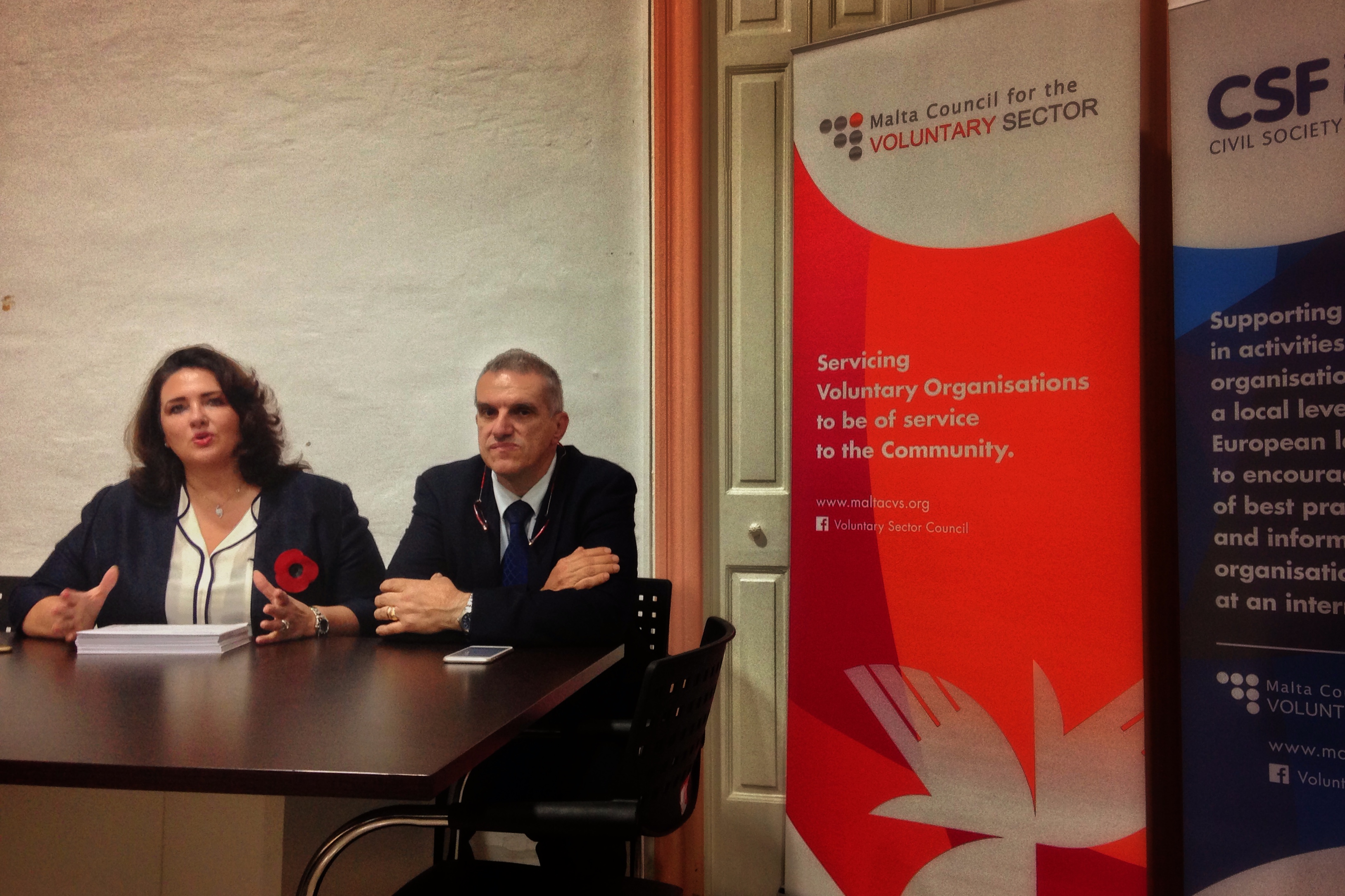

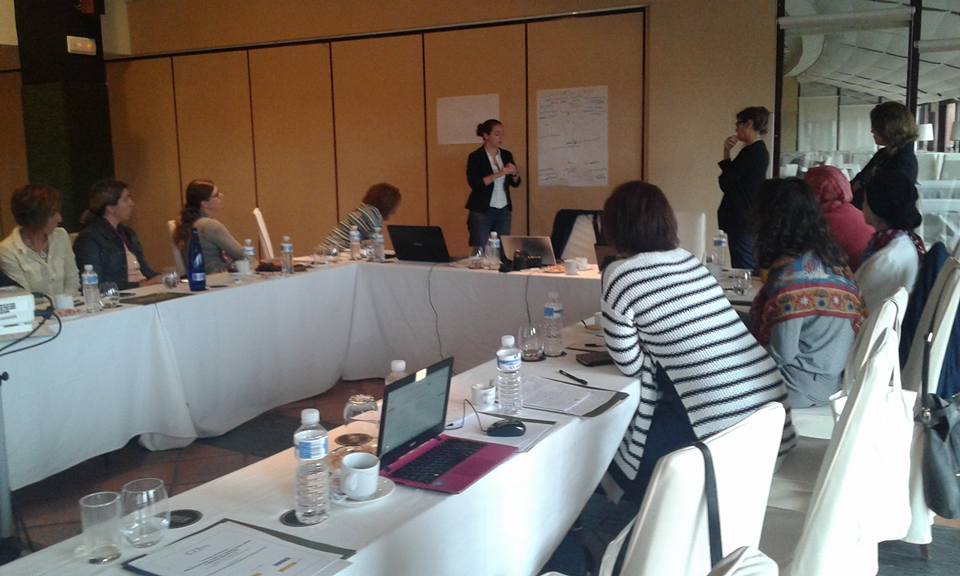 From 23th to 27th October 2016, the
From 23th to 27th October 2016, the 